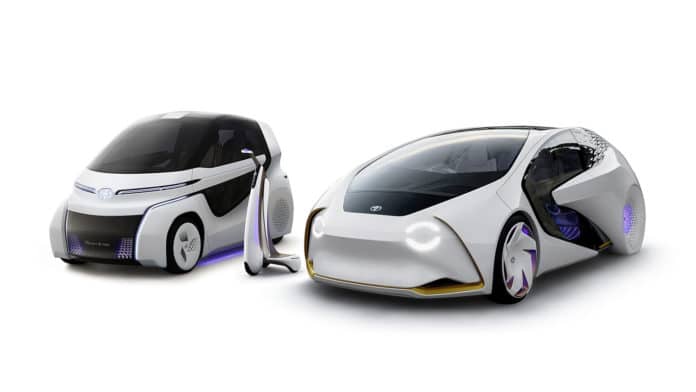The electric vehicle segment has been growing at an interesting pace. But it is obvious that before they can completely replace fuel cars, they will have to overcome some significant limitations. The most important are two: autonomy and charging time. Automotive manufacturers and battery researchers worldwide have been pushing hard to create batteries that will enable longer driving ranges and shorter charging times.
According to recent information, Toyota plans to sell an electric vehicle equipped with a solid-state battery in the early 2020s. The world’s largest automaker will unveil a prototype next year. It promises to be a game-changer not just for electric vehicles but for an entire industry.
Toyota started working with solid-state batteries in 2017, with plans to commercialize such batteries integrated into electric vehicles in early 2020. The report also states that this new battery promises a range of 310 miles (500 km) on a single charge and then completely recharge in just 10 minutes, two-thirds of what it takes today.
Solid-state batteries are expected to become a viable alternative to lithium-ion batteries that use aqueous electrolyte solutions. They have fewer safety issues than current batteries, which are known to catch fire if damaged. The innovation would lower the risk of fires and multiply energy density, which measures the energy a battery can deliver compared to its weight.
Compared to equivalent models powered by “normal” lithium-ion cells, with a battery of the same size, it would travel more than twice the distance on a single charge. This will give designers more freedom, which will be able to adopt space-saving batteries in small models without sacrificing performance or, vice versa, create cars with large batteries like the current ones, but with much more autonomy.
According to the reports, Toyota has registered more than 1,000 patents related to this technology, which has been on the table for years, but no manufacturer has managed to commercialize it on a large scale. It’s not the only automaker investigating the technology; Nissan has previously said that it is developing its own solid-state battery and plans to have it in a drivable vehicle by 2028.
An oil company known as Idemitsu Kosan is building a solid electrolyte production system at one of its current production sites with the intention of starting operations next year. Manufacturing solid electrolytes require solidifying sulfides, which is a specialty of the metal and chemical industry.
